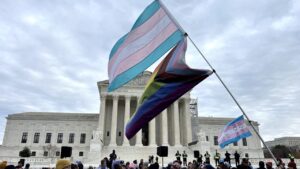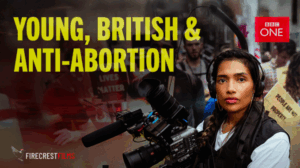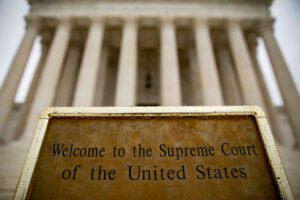
Debate Over Conversion Therapy Ban Sparks Concerns for Religious Freedom in New South Wales
The introduction of a conversion therapy ban in New South Wales (NSW) has prompted discussions on the intersection of religious freedom and LGBTQ rights. The legislation, effective from April 4, 2024, has drawn both support and criticism from various quarters.
According to Michael Daly, the attorney general of NSW, “Conversion practices are based on the false ideology that LGBTQ+ people have a ‘disorder’ or require treatment.” The law broadly defines conversion therapy to include any psychological or medical interventions that aim to alter or suppress the sexual orientation of LGBTQ individuals. This broad definition has raised concerns that even religious counseling or family discussions could fall under the ban.
The Conversion Practices Ban Act stipulates severe penalties for those found guilty of engaging in conversion practices, including up to five years’ imprisonment for causing significant mental or physical harm. Additionally, facilitating such practices outside NSW could lead to a three-year prison term, and fines can reach up to $100,000.
Daly’s statement asserts that the ban does not interfere with general religious teachings or parental discussions on sexual orientation and gender identity. However, an informational video by NSW’s Anti-Discrimination Agency suggests that practices such as prayer, counseling, or pastoral conversations could be considered illegal under the new law.
The agency’s video highlighted, “These [conversion] actions might look like counselling, never-ending referrals, prayer or pastoral conversation… New South Wales now has a law against conversion practices… whether done by family members… or faith leaders, among others, are now unlawful.”
Concerns have been raised by church leaders who argue that the law infringes upon religious practices. An open letter addressed to the Australian prime minister emphasized that the law could criminalize traditional religious practices like preaching and pastoral care, stating, “The legislation, along with the accompanying media and Frequently Asked Questions document, makes it clear that our duty as ministers of proclaiming the Lordship of Jesus Christ and obedience to his commands is now regarded as criminal behaviour.”
Simon Calvert, a spokesperson for the Let Us Pray campaign that opposes similar legislation in the UK, described the NSW law as “deeply repressive” and warned against its potential implications. He remarked, “The video is clear that opinions and conversations that do not conform to state-approved ideology about sex and gender are to be deemed ‘harmful’ and unlawful.”
Calvert further commented, “Under New South Wales’ conversion therapy law, parents could face five years in prison for protecting their children from drugs that are so risky they are banned in the UK, and church leaders could be carted off by the police for praying with a gay person.”
Despite widespread claims against the effectiveness of conversion therapy, some individuals assert that it has positively impacted their lives. The Changed Movement provides testimonials from those who claim to have found success through such interventions. Haydee Irving shared her experience, saying, “I continued to attend these [conversion] events with my girlfriend until I became convinced that the way we were living was wrong.” Eventually, Irving chose to end her relationship to prioritize her faith and described her journey towards personal fulfillment.
As NSW navigates the implementation of this controversial law, the balance between protecting LGBTQ rights and ensuring religious freedoms continues to be a subject of intense debate.
This article was originally written by www.christiantoday.com






